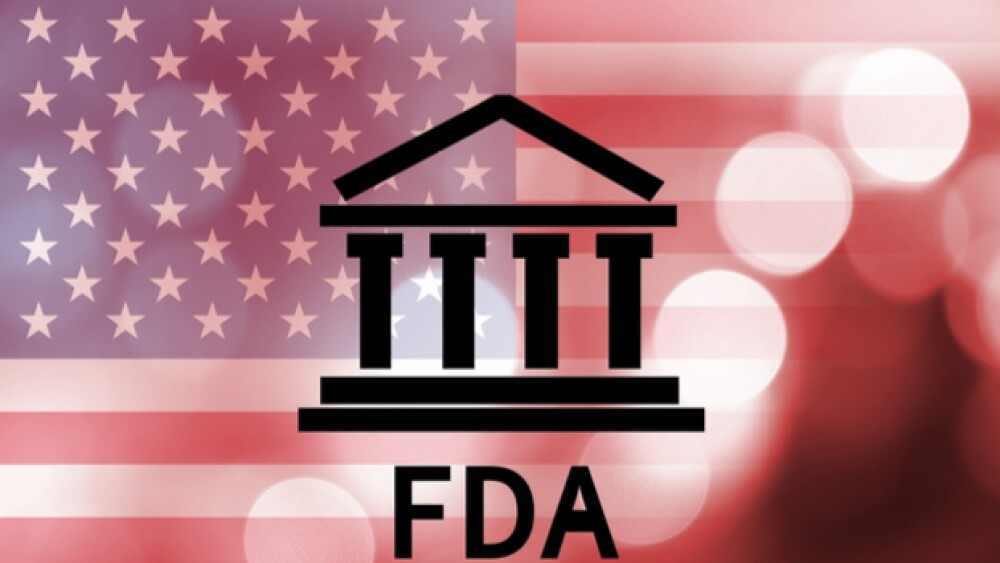Once the user fees run out, the employees paid by them will be furloughed if the government doesn’t get back to work. There are numerous companies with PDUFA dates later than the dates that have been noted.
As the federal government shutdown moves past 35 days, the U.S. Food and Drug Administration (FDA) has kept some of its activities in operation, such as inspecting manufacturing plants and screening drug imports. Drug approvals are funded by review fees. At the moment, that funding is expected to run out on February 17 or, if the agency scrimps, perhaps as long as February 28.
But two former FDA attorneys think there might be an alternative—by reviewing specific drugs that are deemed essential to protecting lives.
Once the user fees run out, the employees paid by them will be furloughed if the government doesn’t get back to work. There are numerous companies with PDUFA dates later than the dates that have been noted. And it’s worth pointing out that there seem to be some shifts on when the agency believes the money will run out. Earlier reports said February 8.
A 1982 law called the Antideficiency Act prohibits federal staffers from working during a shutdown, “except for emergencies involving the safety of human life or the protection of property.” Under that exception, the FDA has continued with certain activities.
On Thursday, two former FDA attorneys participating in an industry webinar noted that even if the shutdown continues and PDUFA funding runs out, the agency might be able to review some products under the law.
“At what point would someone be able to craft an argument that they are trying to fill a therapeutic gap for a patient population that can’t wait?” asked Rebecca Wood, FDA’s chief counsel until July and now a partner at Sidley Austin. “That may be where you see a whole new round of legal and policy interpretations we just haven’t seen before.”
Howard Sklamberg, former deputy commissioner for FDA’s global regulatory operations and policy, now a partner at Akin Gump, later said, “If it ends up being [a] months-long shutdown, the agency’s probably going to have to deal with that.”
They were largely discussing drugs being reviewed under the Breakthrough or Accelerated Approval programs. These are, broadly, drugs that are likely to be better than drugs currently on the market or that are designed for a disease that doesn’t otherwise have approved products.
Sklamberg went on to say, “You can’t have the drug and medical device approval system stop for months and months without it having an effect on patients.”
A spokesperson with the FDA was asked about this possible workaround, but merely said, “We don’t have anything to share at this time.”
The government shutdown is also having an effect on initial public offerings (IPOs) in the biopharma space (as well as other industries). Although the U.S. Securities and Exchange Commission (SEC) website where companies file for IPOs is still in operation, the actual reviewers are furloughed.
Some companies are also looking at a workaround, changing the language of their registration filing to skip over the rest of their SEC review and going directly to market. The company chooses its IPO price and waits 20 days. The listing is then fixed at that price.
Though legal, it’s not typically used because it exposes the company to some market risk. In addition, the companies would face the potential of disputes once the government reopens.
Meanwhile, there are concerns—for both the FDA and the SEC—about the backlogs in approvals and reviews that will follow the government reopening.





